Publications
Articles, publications, books, tools and multimedia features from the U.S. Institute of Peace provide the latest news, analysis, research findings, practitioner guides and reports, all related to the conflict zones and issues that are at the center of the Institute’s work to prevent and reduce violent conflict.

Vikram Singh on Tensions Along the China-India Border
In recent weeks, Chinese and Indian soldiers have been fighting on their long-disputed border. USIP’s Vikram Singh says these skirmishes are not new—but that the latest hostilities echo China’s aggression in other parts of the region, saying, “It seems like China is flexing its muscle in every direction.”
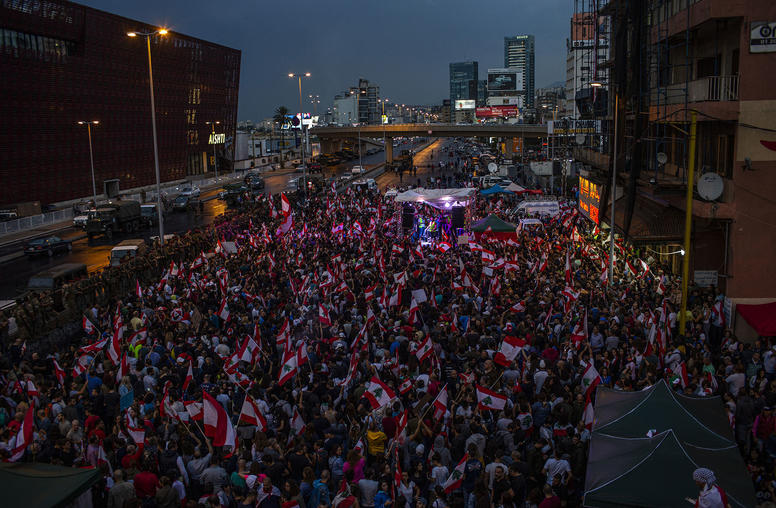
Lebanon’s Protests Set to Pick up Despite Coronavirus Pandemic
Protests erupted in Lebanon last year over the country’s lagging economy and sclerotic, sectarian-based political system, but slowed amid the global pandemic. The small Mediterranean nation’s economy is in free fall, with the World Bank estimating more than half the population living below the poverty line. Protesters were forced to switch tactics amid the coronavirus and the lock down measures have forced even more Lebanese into poverty. But protesters are planning to return to the streets as COVID precautions ease. USIP’s Elie Abouaoun and Osama Gharizi discuss how the government has responded in the months since protests erupted in October 2019, how the protesters adapted during the pandemic, and the role of Hezbollah.
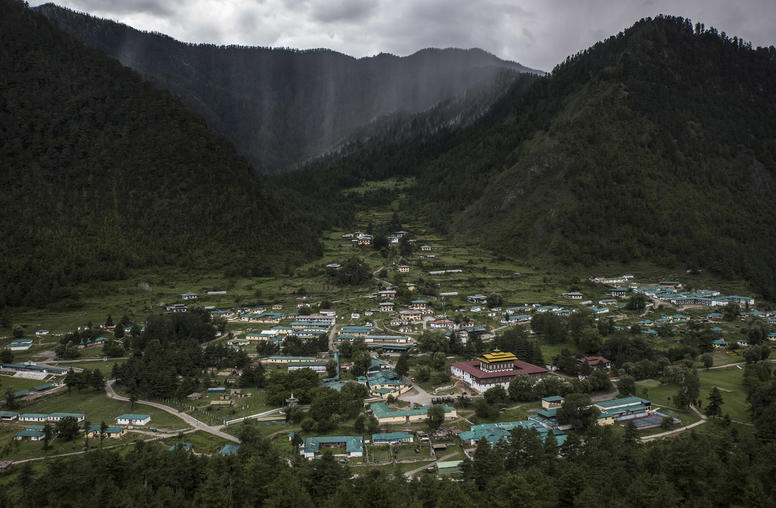
India and China Come to Blows in the Himalayas
In early May, a fistfight broke out between Chinese and Indian soldiers along the disputed border between the world’s two most populous, nuclear-armed nations. A few days later, Chinese soldiers confronted Indian soldiers at several other points along the Line of Actual Control (LAC), which has served as the de facto border between the two countries since the 1962 Sino-Indian war. Both countries have more recently ramped up their military presence in the region. This escalation of tensions comes as China has turned increasingly assertive in its neighborhood, and as the world grapples with the COVID-19 pandemic. USIP’s Vikram J. Singh, Jacob Stokes, and Tamanna Salikuddin look at the causes behind the flare-up and its potential consequences.
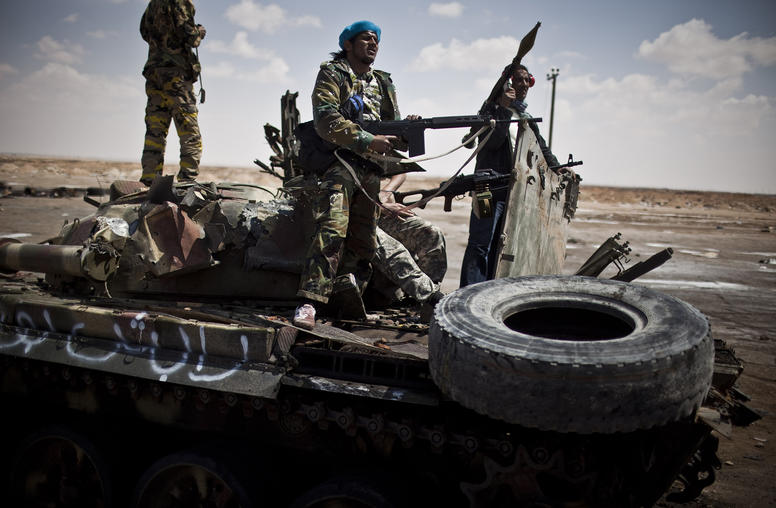
Foreign Interference Remains Key Driver of Libya Conflict
Libyan strongman Khalifa Haftar over a year ago launched his offensive to seize Libya’s capital, Tripoli, from the internationally recognized Government of National Accord (GNA). The battle for Tripoli had been at a stalemate for months until late May when hundreds of Russian military contractors, supporting Haftar’s Libya Arab Armed Forces (LAAF), retreated from fighting on the frontlines. The role of outside powers continues to drive Libya’s conflict, with Turkey, Egypt, the UAE, and Russia all heavily involved. Just yesterday, the U.N. mission in Libya said that the two sides agreed to resume cease-fire talks but did not say when these renewed talks would start.
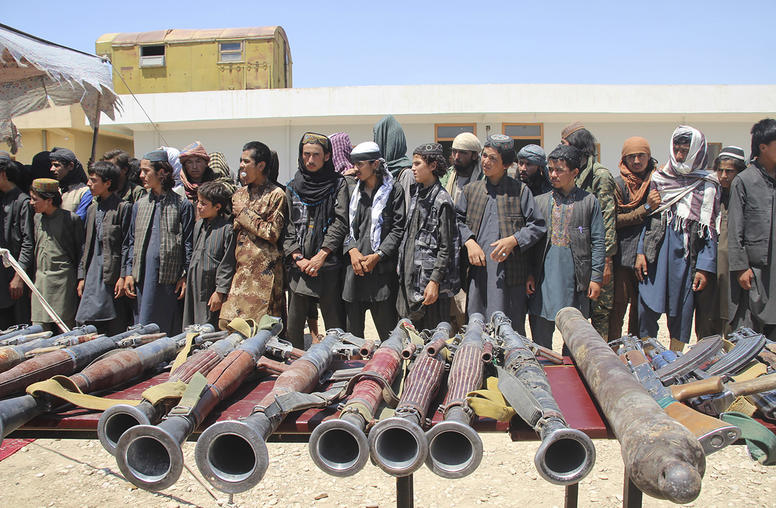
Bourgeois Jihad: Why Young, Middle-Class Afghans Join the Islamic State
Ever since the Islamic State in Khorasan Province emerged in Afghanistan in 2015, policymakers and security forces have regarded it as an “imported” group that can be defeated militarily. This approach, however, fails to take into account the long-standing and complex historical and sociological factors that make the group’s ideology appealing to young, urban Afghan men and women. Based on interviews with current and former members of ISKP, this report documents the push and pull factors prompting a steady stream of young Afghans to join and support ISKP.
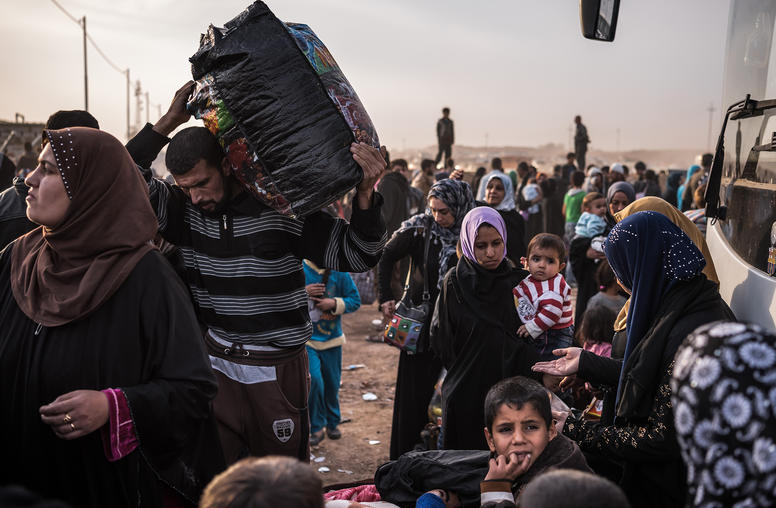
Iraq Timeline: Since the 2003 War
After Saddam Hussein’s ouster in 2003, Iraq’s new leaders struggled to chart a democratic course after decades of dictatorship. It suffered through a civil war, political turmoil, widespread economic corruption, sectarian tensions and an extremist insurgency, led by the Islamic State, that seized a third of the country.
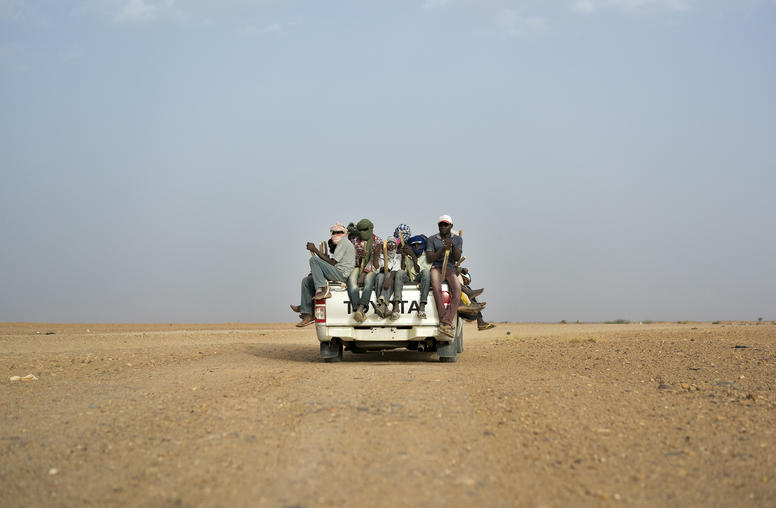
Illicit Drug Trafficking and Use in Libya: Highs and Lows
This report explores how illicit drug trafficking and drug use in Libya has shaped and been shaped by the country’s ongoing conflict. Drawing on hundreds of interviews and dedicated research, it examines Libya’s pre-2011 illicit economy, delves into the social impact of drugs, and focuses on drug use on the frontlines of Libya’s ongoing conflict, the corrosive impact of drug trafficking and use on the justice and security sector, and how trafficking and organized crime undercut peacebuilding and state consolidation.
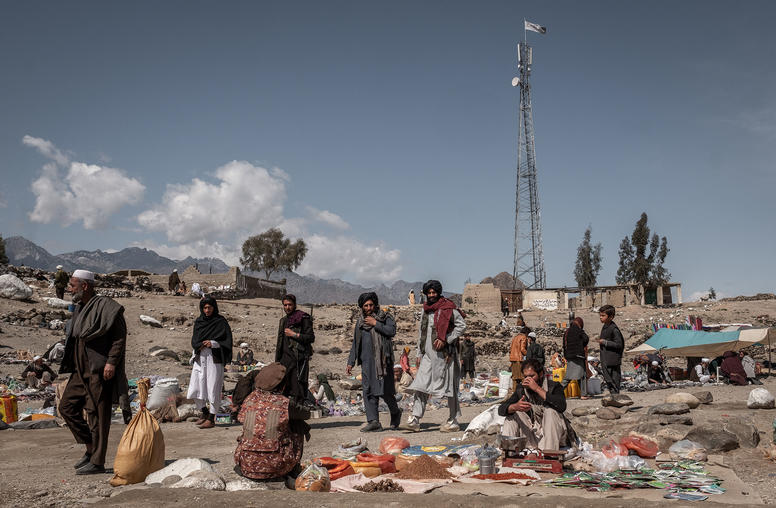
Is the Afghan Peace Process Back on Track?
A three-day cease-fire between the Taliban and Afghan government over Eid al-Fitr expired on Tuesday. This was only the second such cessation of hostilities in the nearly two-decade war. And just two weeks ago, President Ashraf Ghani and his rival, Abdullah Abdullah, agreed to share power after a monthslong dispute over the 2019 presidential election. These developments have injected renewed hope that a political solution, negotiated among Afghans, is still possible. USIP’s Scott Smith looks it all means for the peace process, when we can expect the vital intra-Afghan negotiations to begin, and what, if any, impact COVID-19 has had on peace.
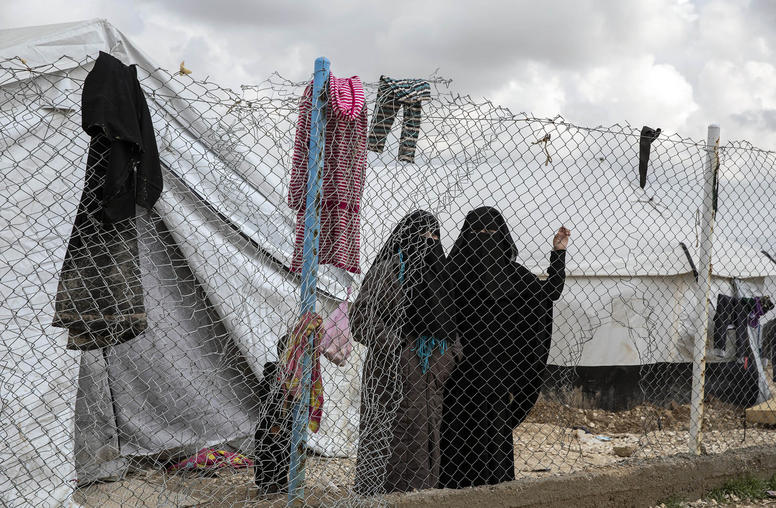
Coronavirus and ISIS: The Challenge of Repatriation from Al-Hol
It was just over a year ago, in March of 2019, that the United States and coalition forces declared the territorial defeat of ISIS following the fall of its last stronghold in Baghouz, Syria. Male fighters over 15 were placed in Kurdish run detention centers throughout northeast Syria, while tens of thousands of women and children who were living among the terrorist organization streamed into the al-Hol camp, giving rise to an unprecedented mix of humanitarian and security challenges. If left unaddressed, the camp could easily serve as the breeding ground for the next generation of ISIS, which is already beginning to reemerge in parts of Syria and Iraq.
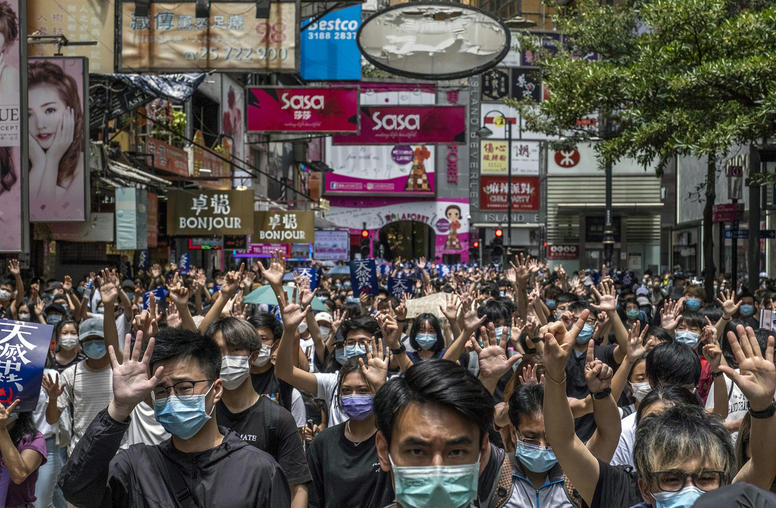
Beijing Legislation Reignites Hong Kong Protests
In Hong Kong, protesters have once again taken to the streets to push back against China’s efforts to assert further control over the territory. After a year of intense demonstrations calling for greater autonomy from the mainland, Hong Kong is now facing proposed legislation from Beijing that would broadly curtail citizens’ rights and freedoms. USIP’s Patricia Kim and Rachel Vandenbrink examine the proposed legislation, how the coronavirus pandemic is affecting the situation, and what the U.S. can do in response.